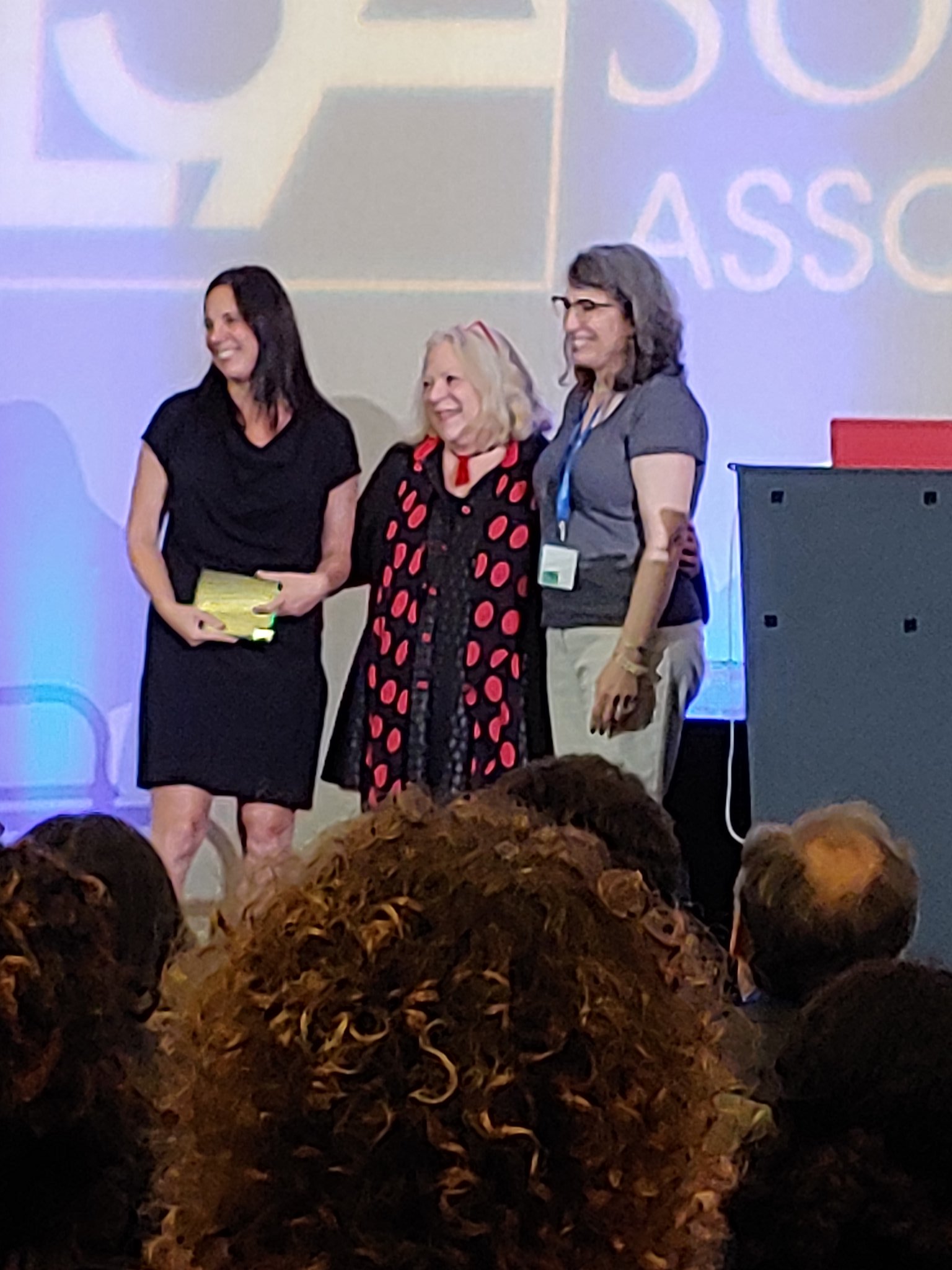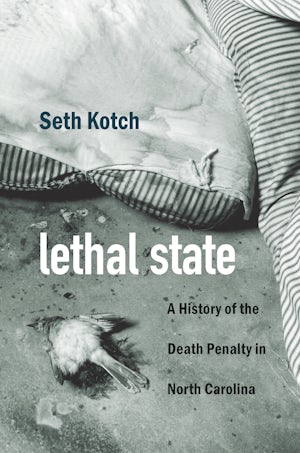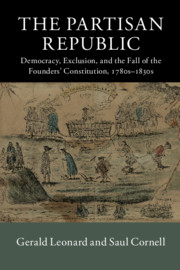Lee could be referring to history as an event, as in, “the passage of the Voting Rights Act made history” or, to use an example from Pachinko, the end of Japan’s occupation of Korea. Such history-making events and individuals create expectations for a better future, and if that future doesn’t materialize, then, well, history has failed us. Perhaps this is why the war ends in Pachinko without much ado; it didn’t change the lives of the zainichi very much. But no matter. Life goes on; the struggle never ends.
Or, Lee could be referring to history as a discipline that seeks to reconstruct or remember the past. If history in this sense forgets a group of people, then, yes, history has failed them. Is this why Lee wrote Pachinko? Lee didn’t learn about the zainichi from history books. And I never fully grasped their plight until I read Pachinko—and I majored in history with a certificate in East Asian Studies! Another aspect of this failure of history is that it tends to prioritize the types of sources that forgotten people usually don’t leave behind. But no matter. Historical fiction may have been Lee’s attempt to fill in where the record remains frustratingly thin, her effort to portray zainichi characters with the full range of emotions that made them human.
Or, a third interpretation: Lee could be referring to history as an endeavor that sheds light on past injustices. In this case, history works to raise awareness and perhaps also to restore justice. Failure, here, is a fraught subject and raises questions that many legal historians, especially those in law schools, often get. What’s the takeaway? Are there any doctrinal or policy implications? These are fair questions because it’s a rare case when history does not take a moral stance; it’s baked into the narrative structure. (Which is not the same issue as whether historians can be objective. One can both hold values and be faithful to sources.) If you start with this position, as I do, then the relevant question isn’t so much about whether there are normative conclusions as it is about how such conclusions should appear in the histories that we tell.
All three of these ideas about history, its aims, and its failures get at the question of the historian’s duty, beyond fidelity to sources and professional norms. First of all, do historians have a duty to complicate the past, even the heroes or milestones that we wish to celebrate? Many historians take “problematizing” to be part of their task, so this might not seem so controversial. But there are times and places when it was dangerous to do so. Fortunately, it’s expected today to tell the unvarnished truth. Still, I suspect that this is more difficult to do in practice than we realize when it comes to people, events, and ideas that are closer to us in time. Even harder still, I think, is bringing together celebratory and critical histories.
Does our quest to understand the past include a duty to look for under-represented and forgotten experiences? Historians for some time now have paid more attention to neglected subjects and made brilliant use of historical imagination. But should that attention be a part of every historical project in some way? This question is tricky because it comes close to telling others what to study, which, just as a practical matter, is a futile endeavor. But there’s another way to think about this. Wouldn’t our histories be more complete, and closer to the truth, by including more perspectives? If so, then wouldn’t best practices oblige us to look far and wide?
And finally, does our knowledge of the past impose a duty on us to take action in the present? A more seasoned colleague recently told me that, contrary to the doom-and-gloom talk, academic books are thriving. But their purpose has changed. It used to be that a book represented the culmination of a scholar’s exhaustive research; nothing more was left to say after publication. Today, a book serves as a platform for the author to keep talking. Even if this observation were wrong, it is true that historians are often asked for their thoughts on current issues. Would we be squandering our expertise if we choose to stay in our cloistered studies? Should the scholarly pursuit be enough? On the flip side, are op-eds, amicus briefs, or law review articles enough?
I recognize how privileged academics are to be able to do what we do, and that privilege seems to demand a return, in particular to give voice to people and ideas that haven’t been heard. All the more so when historical knowledge can be influential, especially in a legalistic society that values precedent. (Tangentially, from what I gather, an historian apparently won in the Game of Thrones.) What we do with our privilege and power is certainly a personal decision that depends on particular circumstances and abilities, so it’s a question worth thinking about regularly.
It’s also been a privilege for me to blog this month. I’m grateful to the stewards of LHB for the opportunity, and to LHB followers for reading, which is, really, the greatest affirmation that a writer can receive.
Sarah Seo
















